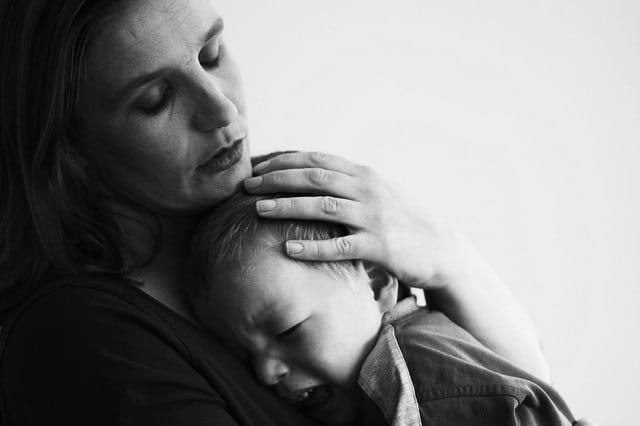
Child Abuse Law, Penalties and Defenses in Houston
Child abusers are thought of as being among one of the worst classes of criminal offenders. This negative perception of child abusers is largely false, as a good number of parents are falsely accused of child abuse every year. If you’ve been accused, you may be wondering how to shake off the stigma and defend yourself against the allegations. Assistance from a skilled attorney is needed if you are to prevail in your case.
Types of Child Abuse
Child abuse does not always involve physical injury, as it may also be:
- Emotional
- Verbal
- Sexual
Child Neglect Charges
Child neglect charges may sometimes be brought as well if it appears a minor’s physical or emotional needs are not being met. Some instances that could be considered neglect are:
- Failing to provide food, water, shelter or clothing
- Withholding affection or attention from a child
- Failing to provide adequate supervision
- Placing a child in a dangerous situation
- Exposing a minor to unlawful or inappropriate acts
- Allowing a child to become truant from school
Reasons for Wrongful Accusations
Wrongful accusations of child abuse occur for a number of reasons. They may be brought by an adult such as a teacher or physician who notices bruises or other injuries and subsequently overreacts. Moms and dads in the middle of a custody dispute sometimes “coach” children to make false statements in an effort to manipulate the outcome of their case. Children sometimes falsely accuse others to “get even” with them for invoking harsh punishment. Regardless of the reason, being falsely accused of child abuse can cause irreversible damage to one’s social, personal and professional life.
Reasonable Discipline
A common misconception many people have is that spanking a child is illegal. The fact is that Texas law allows for “reasonable discipline” that may include corporal punishment such as spanking, so long as no injuries are sustained. As such, the fact that a parent was using reasonable discipline could effectively be used as a defense against child abuse charges.
Although spanking is perfectly legal, many child safety advocates are nonetheless opposed to it, and may falsely bring charges against parents who acted within the confines of the law in disciplining their children. Many argue this is a waste of tax dollars, since authorities could potentially be ignoring actual cases of abuse while focusing on disciplinary issues.
Miscellaneous Defenses
Aside from discipline, there are also a few other defenses that may be used in child abuses cases, including:
- False allegations
- Injuries are due to an accident
- Injuries are self-inflicted or due to fighting with other children
- Religious exemption exist that prohibit parents from seeking medical treatment
- Parent lacks the mental capacity to adequately care for the child
Actions after an Investigation
Parents accused of child abuse may first be confronted by a representative of Child Protective Services (CPS), a division of the Texas Department of Family and Children. These agents may claim to be on a “fact finding” mission after receiving a report of child abuse. Many law-abiding people tend to think that if they simply explain what happened, the matter will clear itself up and no charges will be brought. Speaking with a representative from CPS tends to do more harm than good, and is likely to result in a number of things such as:
- The removal of the child from the home
- Issuance of a protective order
- Loss of visitation privileges
- Criminal charges
Contact an Attorney First
The best possible action you can take is to contact a criminal defense attorney who is familiar with the inner workings of Child Protective Services. This agency has a great deal of power, and is not afraid to use it in order to gain a conviction. You need every tool available to you to ensure your claims of innocence are heard and justice is restored. Contact us today for an assessment of your case before speaking to anyone else about it.
If you’ve been accused of child abuse, contact the Law Office of Brett A. Podolsky immediately. Call 713.227.0087 or email for a free, confidential consultation. We will help preserve your rights.